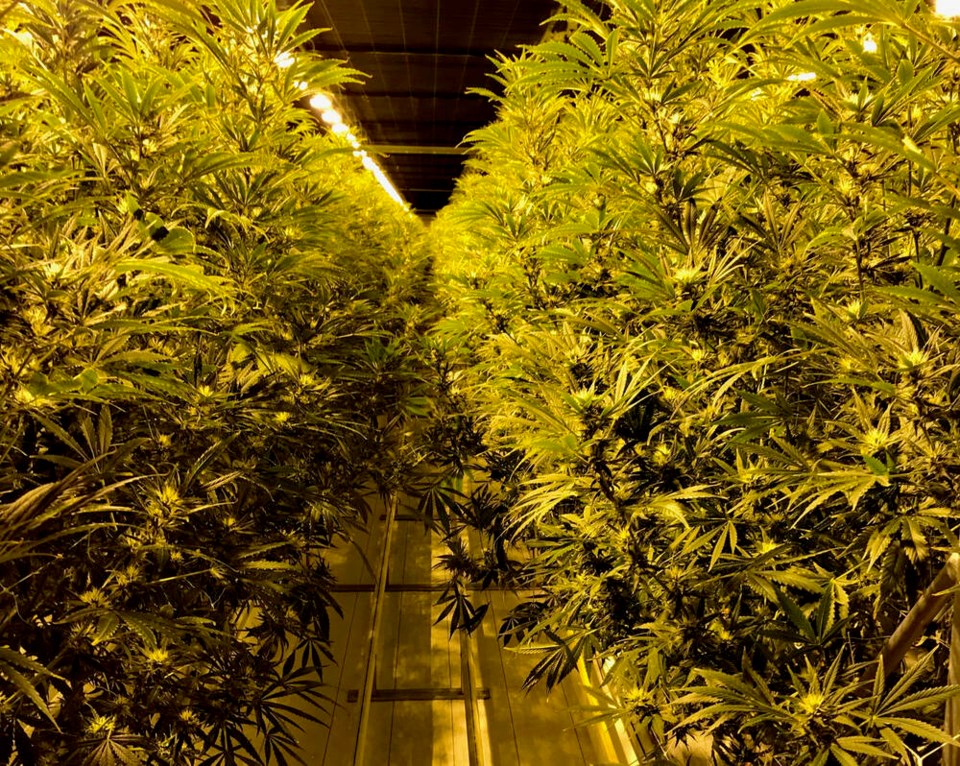The City of Vancouver and FortisBC last week provided an update on a construction project now underway for a new Renewable Natural Gas (RNG) facility at the landfill in Delta.
The system will clean the landfill gas (LFG) so that it can be injected into the natural gas pipeline as RNG.
The reduction in emissions as a result of the project is expected to be equivalent to up to 12,500 tonnes of carbon dioxide, which is equivalent to taking 2,600 cars off the road each year, according to a news release.
Construction and commissioning of the RNG facility may take approximately 12-to-15 months to complete.
“This is our largest RNG project to date and the RNG generated from the landfill will be delivered into the local gas distribution system as a low-carbon energy source,” said Roger Dall’Antonia, president and CEO of FortisBC. “FortisBC is partnering with municipalities, like the City of Vancouver, farms, and other sources of organic waste so that we can increase our supply of RNG to decarbonize the gas system. It is a key way that we’re taking waste that would otherwise add methane into the atmosphere and turning it into an energy source that will displace conventional natural gas thereby reducing emissions overall.”
FortisBC notes that when organic waste decomposes, it releases greenhouse gases into the atmosphere, but the utility it is working with suppliers like farmers, landfills operators and local governments, to capture and turn the gases into RNG to displace conventional natural gas.
Vancouver, which owns and operates the dump adjacent to Burns Bog, began collecting and flaring LFG in 1991 to control odours and greenhouse gas emissions.
From September 2003 to May 2022, Vancouver sold LFG for beneficial use, initially to Maxim Power Corporation (Maxim), and then Village Farms International Inc. in 2014 when they purchased Maxim’s assets, for their combined heat and power cogeneration facility located off property.
Village Farms has since converted its East Ladner greenhouse into a cannabis growing operation, called Pure Sunfarms.
According to a 2022 annual report on the landfill’s operations, released by the City of Vancouver, 10 new vertical gas wells were installed last year, as well as nine horizontal gas collectors and nine side-slope collectors.
By the end of 2022, there were a total of 427 gas collection points.
Meanwhile, a 20-year agreement that allowed for beneficial use LFG off-site to generate electricity for sale to BC Hydro and heat for Village Farms’ greenhouse operation has been amended for an additional 20 years to allow the greenhouse operator to construct its own system to convert LFG to RNG.
Village Farms intends to decommission an existing cogeneration system and construct a facility to process landfill gas similar to the future FortisBC system at the landfill.
The end products will be RNG, which will be sold to FortisBC and carbon dioxide, which will be used in the greenhouse.
At the time the deal was struck, Village Farms explained that the renewed and extended landfill gas contract enables the operation to transition to a more attractive long-term business model based on the conversion to high-demand RNG, which will also generate food-grade liquid CO2, significantly reducing the reliance on natural gas to produce CO2 in their operations.
Since May 2022, LFG has been diverted to the landfill’s flares while the construction of the greenhouse’s new facility is completed.



